With the advent of the incorporation of advanced AI software solutions, this is no longer just business as usual. It signifies a change that is rewriting old stories and is, instead, redefining conventional processes. Artificial intelligence has deeply impacted sectors ranging from health to finance, production to education, and more.
This is how business has changed; nowadays, the decision-making process matters more than ever, and products and services have become consumer-oriented.
1. Healthcare Revolution
The most eminent change, among other factors, can be seen in the healthcare management sector. AI-equipped diagnostic devices, foreseeing tools, and individualized medicine have brought the care of patients into a new era. Artificial intelligence (AI) profoundly changed from early disease diagnosis to treatment, optimizing the expected outcomes. This, in turn, resulted in reduced healthcare costs.
2. Manufacturing Optimization
The AI solutions company led to radically different approaches from Industry 4.0 in manufacturing. Automating intelligent devices, predictive maintenance, and supply chain optimization have increased production, decreased downtime, and more advanced over-efficiency. Factories have now acquired the wrongly earned title of the most precise and flexibly owned plants in the history of the manufacturing industry.
3. Financial Services Evolution
Financial institutions have welcomed AI in dealing with fraud cases, risk analysis, and algorithms. Fin tech in the form of robotics-advisors has reshaped the wealth management industry, extending service coverage and personalization by automating financial advisory. AI optimizes the processes and improves the speed of the decisions made without errors in the angle of finance.
4. Retail and clientele turnover to online marketing.
AI has not sat down in the retail industry, and nowadays, everything is computerized, automated, and optimized by using AI. Offering good recommendations, foreseeing demand, and engaging chat bots have radically reshaped how people interact with businesses. AI-impacted analytics allows shops to study consumer behavior, stock the store, and solve the problems of making things easy for customers.
5. Enhanced Customer Experiences
Across industries, AI has brought a step change in customer experiences through its offers of intelligent and instantaneous interactions. Businesses have gained new capacities using chat bots, virtual assistants, and sentiment analysis algorithms to perceive and respond to customers’ preferences in real-time, contributing to saturation and loyalty.
6. Farming and intelligent agriculture systems
AI applications in the agricultural sector are diverse, from precision farming to drones and advanced data analytics, which have improved crop potential and resource efficiency. Farmers gratefully have the facilities to produce high-quality decisions based on facts, resulting in intelligent and productive agriculture.
7. Education and Skill Development
The AI-led transformation has also disrupted the education sector; we now have intelligent tutoring systems, adaptive learning platforms, and automated grading. These technologies allow agencies to create customized learning conditions and smart adaptations to their staff needs, such as life-long learning and SK acquisition, which aligns with the recent workforce.
8. Ethics implication and dilemma.
The innovation that happened by using AI brought to light ethical issues. Besides, AI was the source of the challenges. The problems of automation bias, data privacy, and employment displacements should be accounted for as tech companies heavily rely on their AI technology. Keeping harmony of technological advancement with ethical responsibility is an indispensable requirement to create a green and egalitarian society for future generations.
Key Takeaway
Although artificial intelligence systems play a key role in shared roles with humans, ethical issues such as being concerned about privacy, job loss, and biased algorithms are argued. A harmonious association of technological development with ethical concerns is necessary to use the maximum potential of AI to build a more productive, just, and environment-friendly tomorrow for different domains of industries.

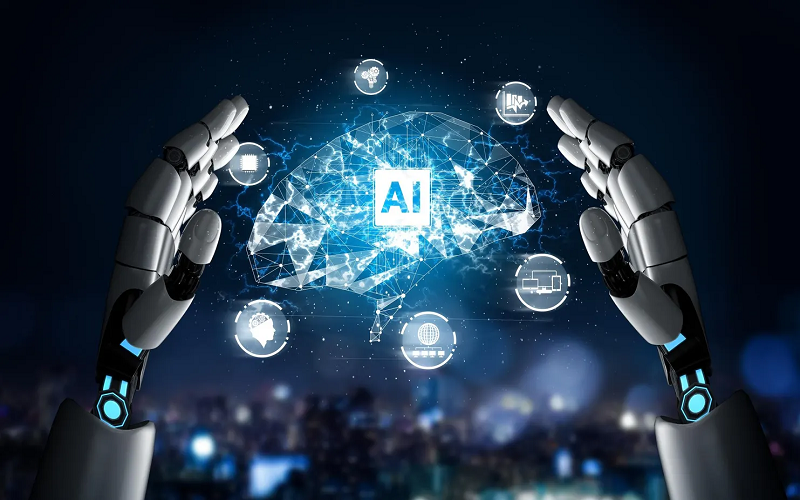
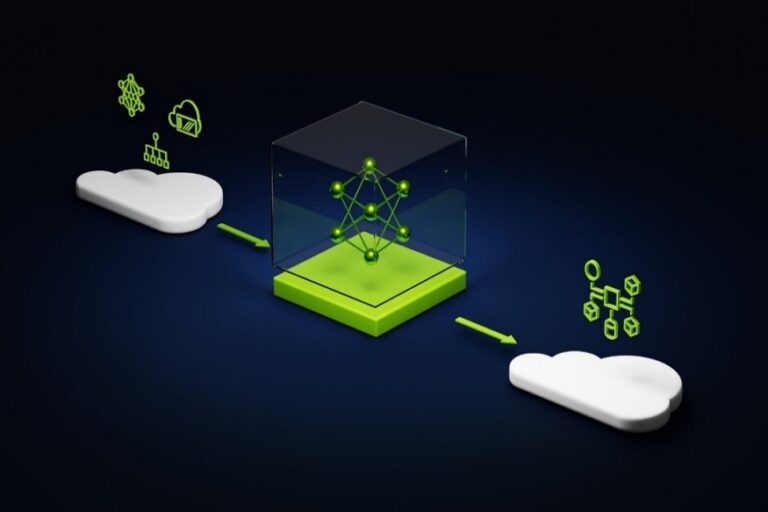
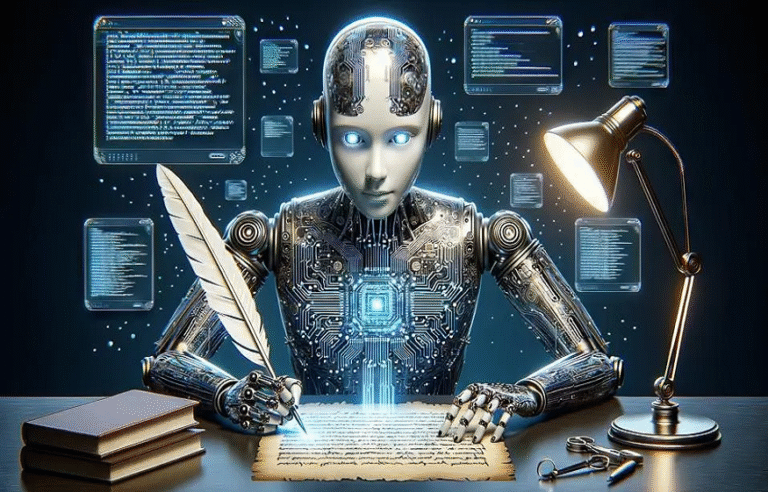
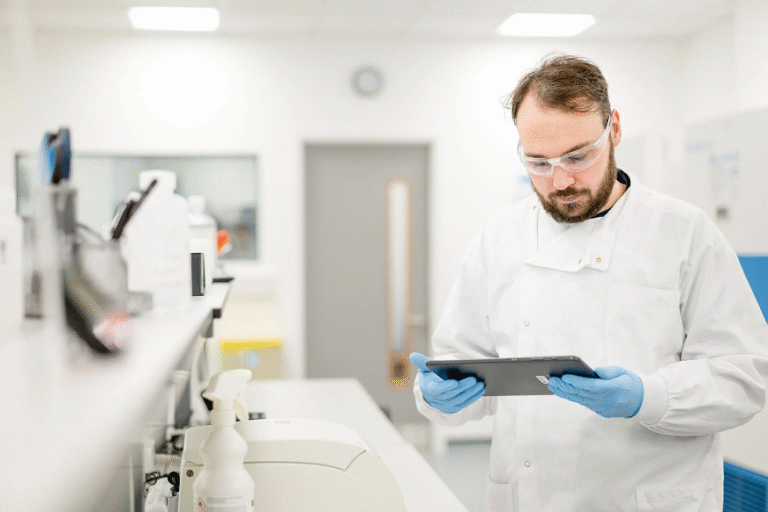


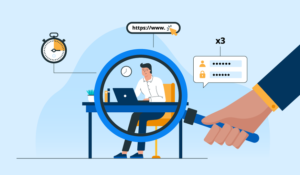




+ There are no comments
Add yours